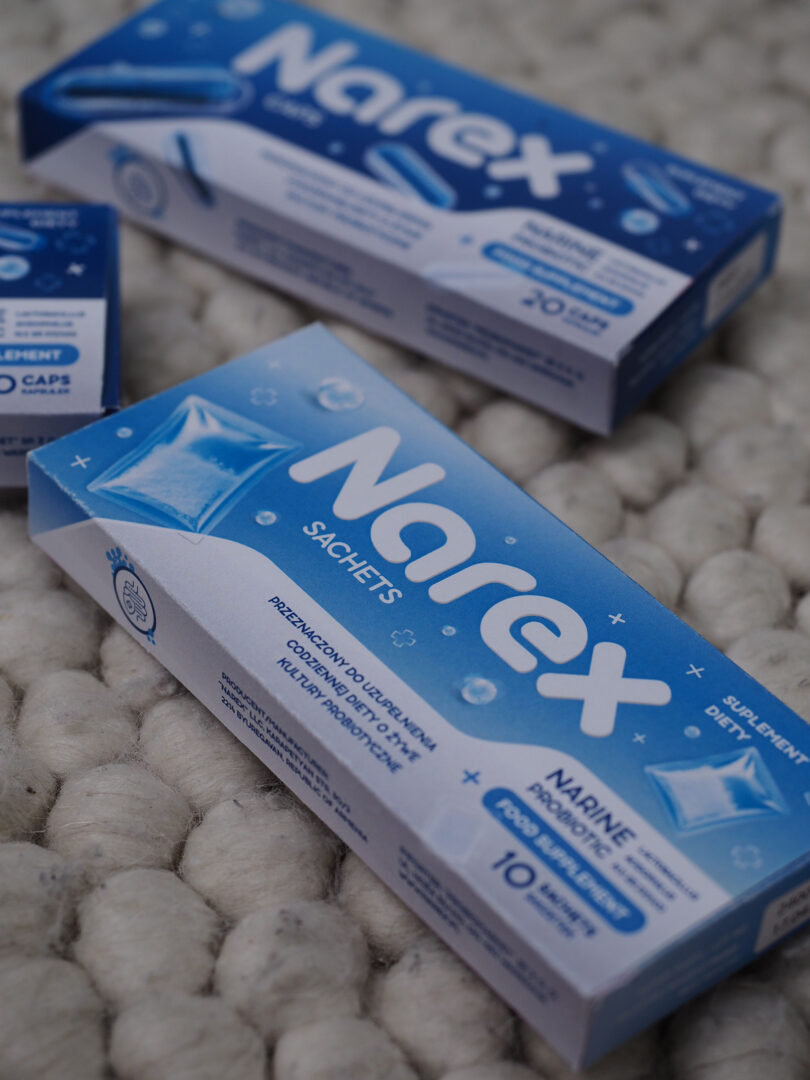
Fascinating Facts About Probiotics
Probiotics are widely known as “good bacteria,” but there are many surprising facts about them that even regular users may not know.
Their history dates back thousands of years.
Although the term “probiotic” became popular only recently, the beneficial effects of fermented foods have been recognized for centuries. People have long consumed fermented products such as sauerkraut and yogurt to support gut health.
There are many probiotic strains — each with unique benefits.
Some of the most well-known include Lactobacillus acidophilus, Bifidobacterium bifidum, and Saccharomyces boulardii. Not all bacteria in the gut qualify as probiotics — to be recognized as one, a microorganism must survive the digestive tract and provide proven health benefits.
Gut health is linked to mental health.
Recent studies show that probiotics can influence the production of neurotransmitters like serotonin, which helps regulate mood and may reduce symptoms of depression and anxiety.
Probiotics can aid both prevention and treatment.
They are effective in managing and preventing conditions such as diarrhea, irritable bowel syndrome (IBS), food allergies, and certain infections.
Not all probiotic products are equally effective.
Different strains offer different benefits, and the quality and viability of bacteria in a product are crucial. To gain the full benefits, probiotics should be consumed regularly through foods like yogurt, kefir, and fermented vegetables, or as dietary supplements.
Probiotics remain one of the most fascinating and fast-developing areas of health science. Including them in your daily diet is a simple yet powerful way to support gut health and overall well-being.







